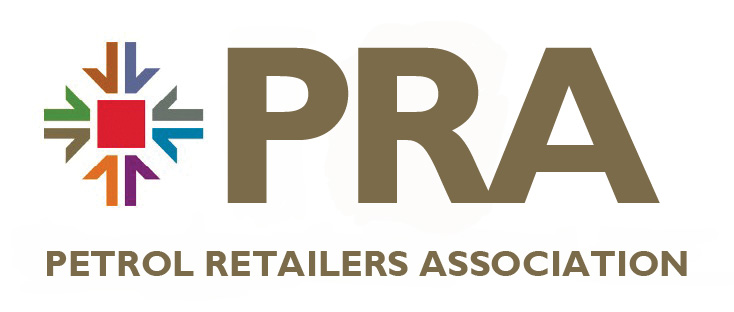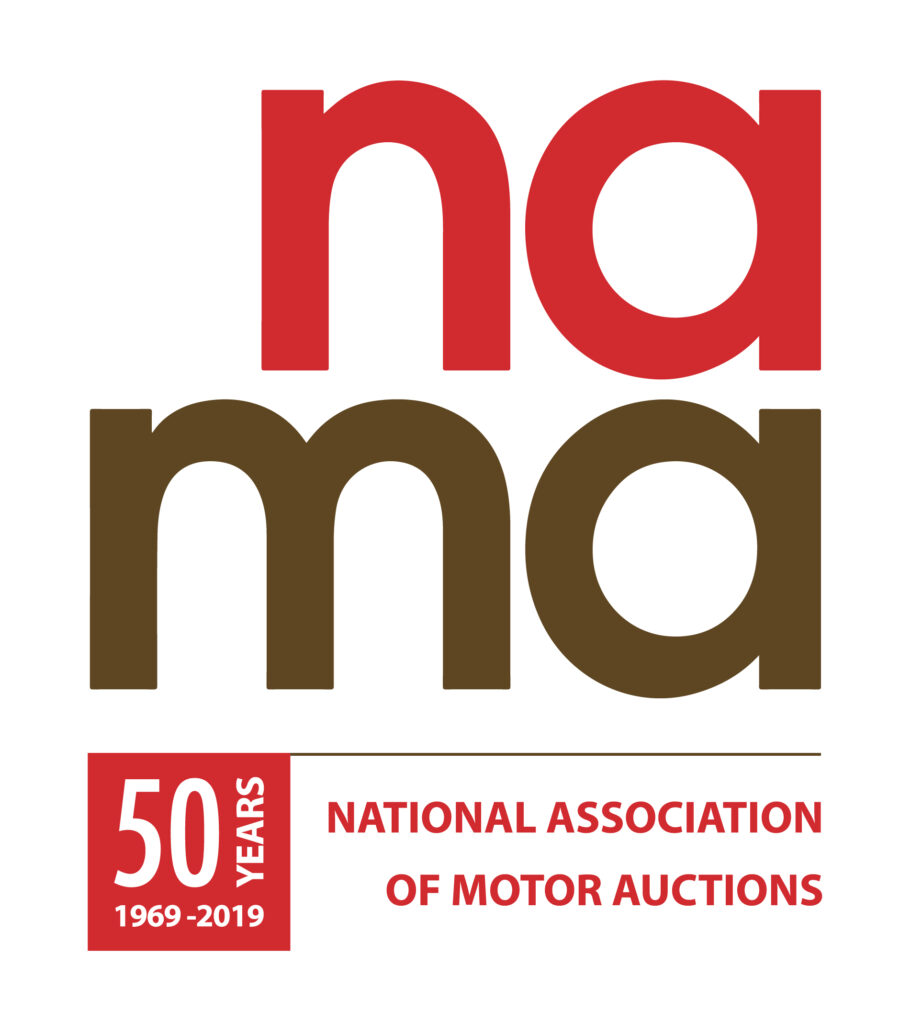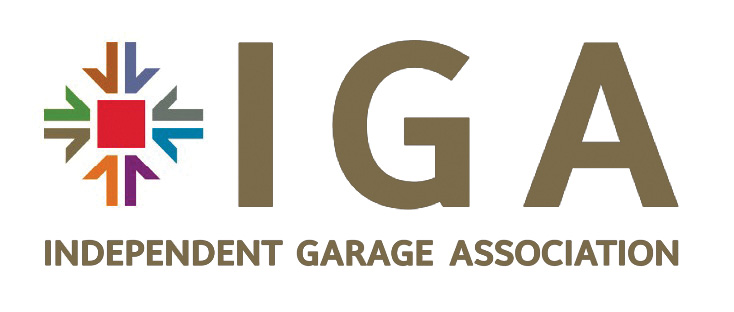[vc_row type=”in_container” full_screen_row_position=”middle” column_margin=”default” scene_position=”center” text_color=”dark” text_align=”left” overlay_strength=”0.3″ shape_divider_position=”bottom” bg_image_animation=”none”][vc_column column_padding=”no-extra-padding” column_padding_position=”all” background_color_opacity=”1″ background_hover_color_opacity=”1″ column_link_target=”_self” column_shadow=”none” column_border_radius=”none” width=”1/1″ tablet_width_inherit=”default” tablet_text_alignment=”default” phone_text_alignment=”default” overlay_strength=”0.3″ column_border_width=”none” column_border_style=”solid” bg_image_animation=”none”][vc_column_text]Having an awareness of the keys parts of the Employment Tribunals Rules of Procedure 2013 (‘the ET Rules’), and the tactics one can deploy, will set you on the right course at an early stage. This bulletin will be directed primarily at responding to Employment Tribunal (‘ET’) claims made against your business.
ET1 Claim Form and ET3 Response Form
It is mandatory that Claimants use the ET1 Claim Form when presenting a claim to the ET, and that Respondents use the ET3 Response Form otherwise the claim or response will be rejected. On receipt of an ET1 form from a Claimant, the Respondent has 28 days (from when the ET sent the ET1 to the Respondent) to present the tribunal office with their ET3 (rule 16).
The Respondent can admit, not admit, or deny the facts and claims asserted by the Claimant and, where appropriate, set out a brief summary of the relevant facts the Respondent asserts occurred.
The overarching principle with the Forms is that both parties need to know the case being advanced so they can properly meet it. Both the ET1 and ET3 should be clear, short, factual, and avoid a rambling ‘narrative’. The forms should only plead key facts. You can state that it only addresses key facts to avoid cross-examination as to alleged omissions.
Early requests for particularisation/ explanation
As a Respondent, you should avoid an early request for particularisation from the Claimant where the pleadings are very brief. The key being to respond to the facts in front of you. The issue with an early request to further particularise or explain the case is that it allows the Claimant to expand pleadings to include claims that didn’t exist previously. It is generally better for clarification later in proceedings when matters are further prepared towards the final hearing, the Respondent is more able to argue prejudice in respect of a late attempt to amend the claim.
Amendments to claims
Amendment means changing the terms of the claim or response. The Employment Tribunal can allow amendments, but it will generally only do so after careful consideration and taking into account the views of the other parties. Minor amendments generally do not cause difficulties, an example would be a typographical error or an error to the name of a date.
In deciding whether to amend, the Tribunal must carry out a careful balancing exercise of all of the relevant factors, having regard to the interests of justice and the relative hardship that will be caused to the parties by granting or refusing the amendment. If a Respondent objects, they have to demonstrate actual prejudice rather than theoretical prejudice e.g being able to show that the evidence would now be affected, e.g. documents or witnesses not available.
Don’t forget, this advice is general in nature and will need to be tailored to any one particular situation. As an RMI member you have access to the RMI Legal advice line, as well as a number of industry experts for your assistance.
Motor Industry Legal Services
Motor Industry Legal Services (MILS Legal Ltd) provides fully comprehensive legal advice and representation to UK motor retailers for one annual fee. It is the only law firm in the UK which specialises in motor law and motor trade law. MILS currently advises over 1,000 individual businesses within the sector as well as the Retail Motor Industry Federation (RMI) and its members.
[/vc_column_text][/vc_column][/vc_row]









